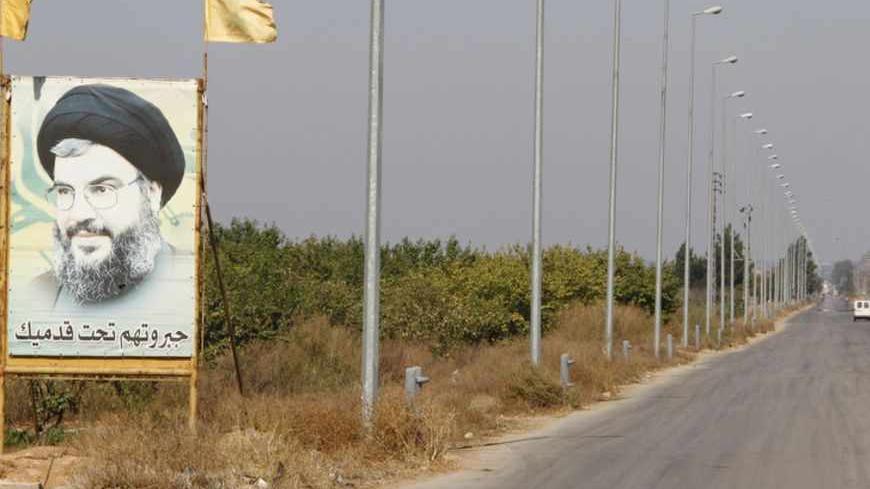Why is Hezbollah fighting in Syria? Why did such a popular resistance group decide to risk its reputation around the Arab world and open a new front in order to back Syria's President Bashar al-Assad? Assad, who himself does not know if he can keep his chair for another year or not. What made Sayyed Hassan Nasrallah, who is famous for his stances that repeatedly warned of the Fitna — the Arabic word for sectarian confrontation — meddle in the Syrian mud?
Hezbollah has its own answers for all these questions, but prefers not to discuss them in the media. According to circles close to the organization, Hezbollah's involvement in Syria wasn't a choice, but rather an obligation. Those sources say that in the very beginning of the Syrian uprising, the group's charismatic leader Hassan Nasrallah "tried to initiate a solution." He, and other factions such as Hamas, opened a hotline with the Syrian leadership to make sure "Syria as a nation, people, and a political choice could survive the crisis." This was the first level of involvement that saw Nasrallah "mediating with Assad to release political prisoners, announce reforms, and change the mentality of the Mukhabarat, or intelligence members." One of our sources even revealed that in August 2011, Iranian foreign ministry official Hussein Sheikh al-Islam visited Damascus and handed the president a list of "125 remarks on the way the Syrian regime was dealing with the crisis, [which] were all negative remarks."



